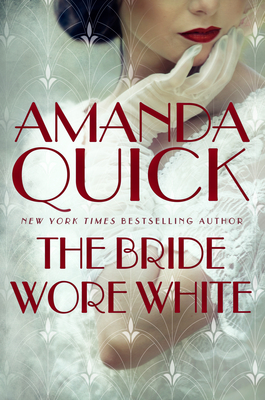 The Bride Wore White (Burning Cove, California, 7) by Amanda Quick
The Bride Wore White (Burning Cove, California, 7) by Amanda Quick Format: eARC
Source: supplied by publisher via Edelweiss
Formats available: hardcover, large print, ebook, audiobook
Genres: historical romance, paranormal, romantic suspense
Series: Burning Cove #7
Pages: 316
Published by Berkley on May 2, 2023
Purchasing Info: Author's Website, Publisher's Website, Amazon, Barnes & Noble, Kobo, Bookshop.org, Better World Books
Goodreads
A psychic desperate to escape her destiny—and a killer—finds her future in the coastal town of Burning Cove in New York Times bestselling author Amanda Quick’s latest novel.
Being Madame Ariadne, Psychic Dream Consultant, wasn’t Prudence Ryland’s ideal gig, but it paid well which was reason enough to do the work—until she realizes that her latest client intends to kill her. But Prudence, a master at reinvention, finds a new job and home as far away as possible and is finally able to relax—which turns out to be a big mistake. Letting her guard down means being kidnapped and drugged and waking up in a bloodstained wedding dress in the honeymoon suite next to a dead man. With the press outside the hotel, waiting with their cameras and police sirens in the distance, it’s obvious she’s being framed for the man’s murder. Prudence knows who is responsible, but will anyone believe her?
It doesn’t seem likely that rumored crime boss Luther Pell or his associate, Jack Wingate, believe her seemingly outrageous claims of being a target of a ruthless vendetta. In fact, Prudence is convinced that the mysterious Mr. Wingate believes her to be a fraud at best, and at worst: a murderer. And Jack Wingate does seem to be someone intimately familiar with violence, if going by his scarred face and grim expression. So no one is more shocked than Prudence when Jack says he’ll help her. Of course, his ideas for helping her involve using her as the bait for a killer, but Prudence feels oddly safe with Jack protecting her. But who will protect Prudence from her growing fascination with this enigma of a man?
My Review:
So much revenge is being served, in so many seriously chilling and chilled ways, that at first it seems impossible to determine who – or how many – are doing the serving. Even without using her powers, Prudence Ryland knows she’s in over her head.
Prudence makes her living as a psychic dream consultant, just as her grandmother did before her. She’s good at her job – even though she seldom uses her very real powers. After all, most people want the same things when they come to have their dreams analyzed. All it takes is knowledge of human nature to give it to them.
But Prudence’s last client – both for the day and for her life as Psychic Dream Consultant Madame Ariadne, is not in her office for a dream interpretation. He’s there to kill her. So she uses those powers that she definitely does have to disable him long enough to get the hell out of Dodge.
Only to reinvent herself in another small, coastal California town. As a research librarian. When she comes to in a hotel room, dressed in a formal bridal gown, covered in the blood of the dead man lying beside her, she recognizes that she needs a certain kind of very specialized help.
 The help of someone who both accepts the supernatural community AND knows how to get things “fixed”. Prudence goes to Burning Cove California to just about throw herself on the mercy of Luther Pell, the owner of the exclusive Burning Cove Hotel and one of the central characters of both the place and the series that began with The Girl Who Knew Too Much.
The help of someone who both accepts the supernatural community AND knows how to get things “fixed”. Prudence goes to Burning Cove California to just about throw herself on the mercy of Luther Pell, the owner of the exclusive Burning Cove Hotel and one of the central characters of both the place and the series that began with The Girl Who Knew Too Much.
Luther decides to kill two birds with one stone – along with solving the mystery. His friend and confidential agent, Jack Wingate, needs a case to solve to keep him from brooding on his recent betrayals and to help him with his groundbreaking work on criminal profiling. Prudence needs an investigator AND a bodyguard wrapped in one package, as she needs protection as well as someone to figure out who really is out to get her.
Jack is skeptical about Prudence’s claims of psychic abilities as well as her protestations of innocence in not one but two spectacular murders. He’s planning to profile her for his book. She’s trying to stay alive.
And Luther Pell has a reputation – not just for fixing problems – but for fixing up his clients and his agents into surprising happy-ever-afters. After they figure out whodunnit.
Escape Rating A-: Burning Cove has turned out to be a fascinating place. To the point where, when I get the next installment, I can’t resist sitting down with it immediately – and I’m caught up in it from the very first page. The Bride Wore White was no exception.
This series whips up a lot of disparate elements into an absolute froth of a story. I say froth both in the sense that it has a certain lightness in the way that the protagonists banter their way towards romance – if occasionally just a bit too quickly – and in the way that the tension gets whipped into a frothy fury as more and more motives, opportunities and suspects get added to the brew.
As a long time reader of this author under her many, many names (Amanda Quick, Jayne Ann Krentz and Jayne Castle) I particularly adore the way that each new series teases at events both past and present in everything connected to the Jayneverse. It’s not necessary to have read her connecting series to enjoy Burning Cove, but they are all oh-so-much-fun that once you’ve bitten into one you’ll be compelled to taste the rest!
What made this case so compelling was the way that the longer it went on the wilder and crazier things got. It’s clear at the beginning that someone is out to get Prudence, but as the story progresses the way it shifts from Prudence being at the center to Prudence being the means to someone else’s end changes the situation from something straightforward to something with twists and turns and wheels within wheels.
There’s a long game being played and it takes the reader and the investigators quite the chase to even begin to see the shape of that game and its purpose.
That Jack is working on something that will become the start of criminal profiling as we know it now added a bit of icing onto the cake. We may not know how the case ends, but we know what criminal profiling has become and his work grounded this paranormal story into the real in a surprisingly satisfying way.
 Burning Cove as a place and a series, and The Bride Wore White in particular, have all the elements to mix spellbinding suspense, a satisfying mystery and a delightful romance into one delicious cocktail of a story.
Burning Cove as a place and a series, and The Bride Wore White in particular, have all the elements to mix spellbinding suspense, a satisfying mystery and a delightful romance into one delicious cocktail of a story.
I want another, so I’ll be waiting with that proverbial bated breath for her next suspenseful, paranormal, romantic adventure, whether in the past as Amanda Quick, in the present as Jayne Ann Krentz, or in the future as Jayne Castle. And it looks like that next adventure will be The Night Island, written as Jayne Ann Krentz, the second book in her Lost Night Files, coming in January 2024.

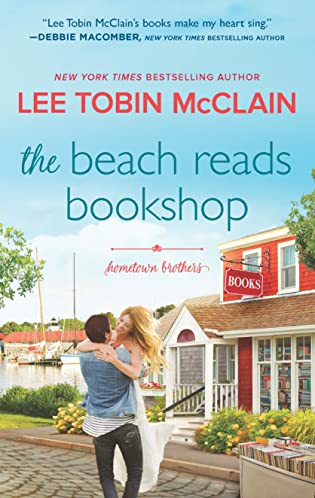 The Beach Reads Bookshop by
The Beach Reads Bookshop by 
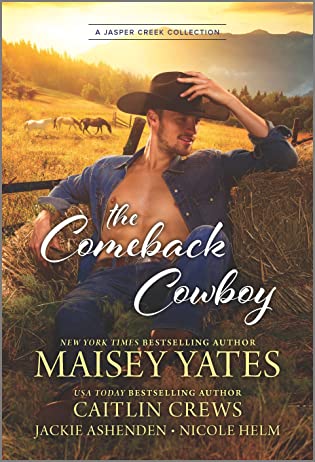 The Comeback Cowboy by
The Comeback Cowboy by 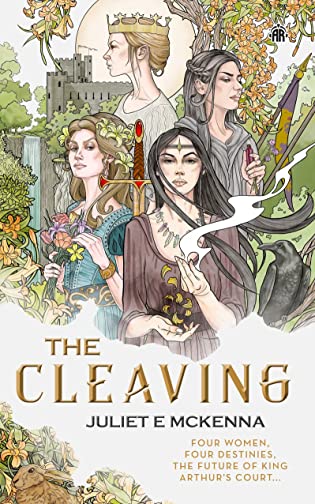 The Cleaving by
The Cleaving by 
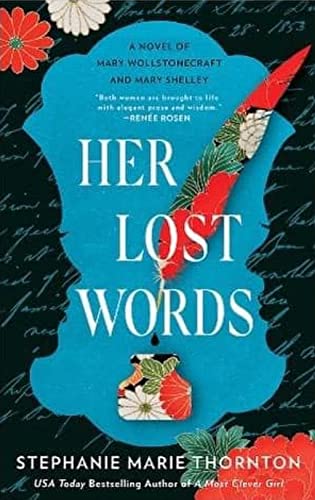 Her Lost Words: A Novel of Mary Wollstonecraft and Mary Shelley by
Her Lost Words: A Novel of Mary Wollstonecraft and Mary Shelley by  But the tides of history turn, and for more than a century after Mary Shelley’s death it was HER great work that captured the limelight – and much of the popular imagination – while her mother’s achievements were covered in the shadows cast by her daughter’s monster, the doctor who made him and the literary genre they started.
But the tides of history turn, and for more than a century after Mary Shelley’s death it was HER great work that captured the limelight – and much of the popular imagination – while her mother’s achievements were covered in the shadows cast by her daughter’s monster, the doctor who made him and the literary genre they started. Escape Rating B: Someone needs to do a literary survey of just how many fictional and even non-fictional biographies of famous women in history begin with a dramatic scene of parental or spousal abuse. Not that I do not believe it’s true in the case of the older Mary, more that it should be telling in a profound way that it happened so damn frequently but somehow that message never seems to penetrate the male psyche. Which is a part of what made
Escape Rating B: Someone needs to do a literary survey of just how many fictional and even non-fictional biographies of famous women in history begin with a dramatic scene of parental or spousal abuse. Not that I do not believe it’s true in the case of the older Mary, more that it should be telling in a profound way that it happened so damn frequently but somehow that message never seems to penetrate the male psyche. Which is a part of what made  I wanted to be all in on this one and I just wasn’t. I’m still interested in Wollstonecraft and Shelley, and will probably refer myself to
I wanted to be all in on this one and I just wasn’t. I’m still interested in Wollstonecraft and Shelley, and will probably refer myself to 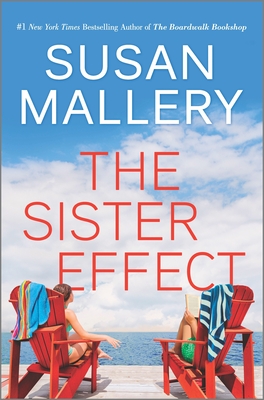 The Sister Effect by
The Sister Effect by 
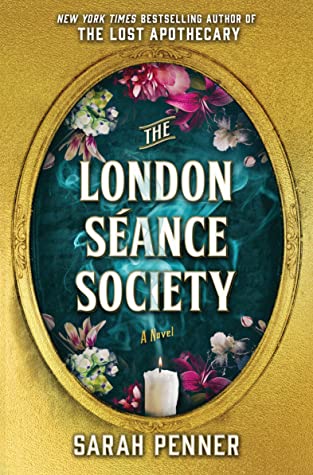 The London Séance Society by
The London Séance Society by  Escape Rating A: I picked up The London Séance Society because I enjoyed the author’s debut novel,
Escape Rating A: I picked up The London Séance Society because I enjoyed the author’s debut novel, 
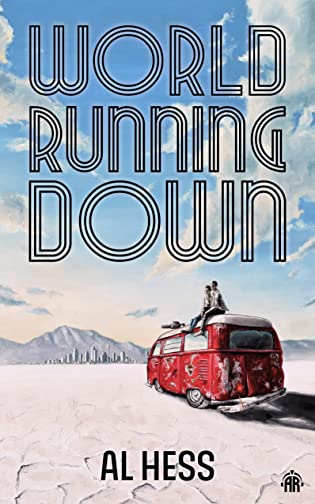 World Running Down by
World Running Down by 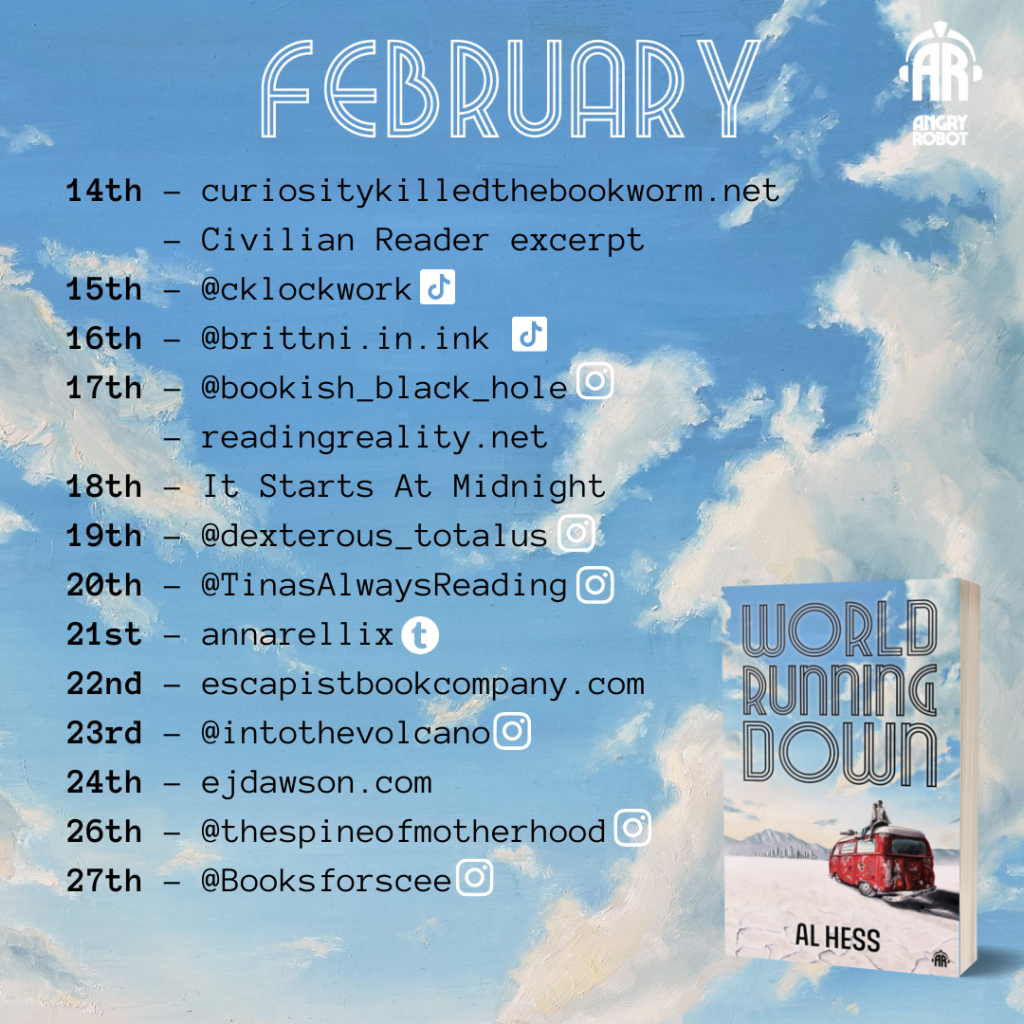 FEBRUARY
FEBRUARY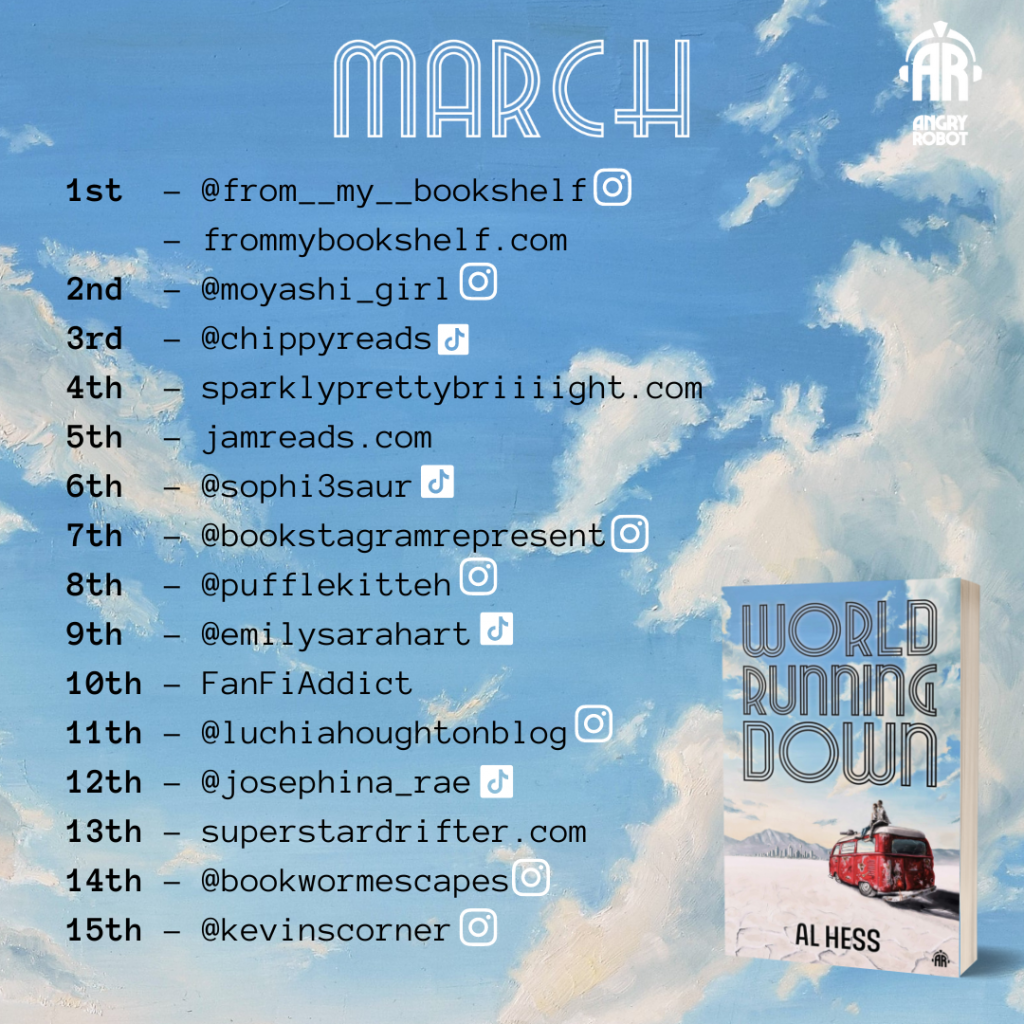 MARCH
MARCH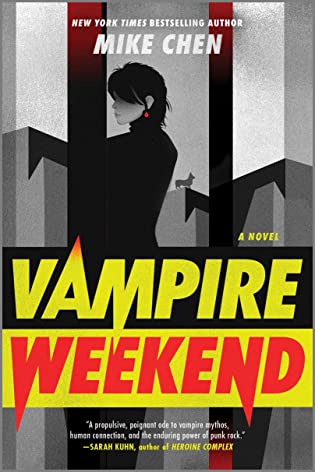 Vampire Weekend by
Vampire Weekend by 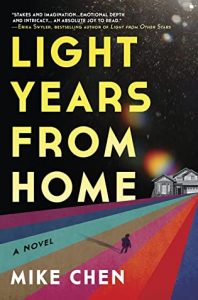 Escape Rating B+: Louise’s journey in Vampire Weekend is a combination of “no matter where you go, there you are” and “who do you want to be when you grow up?” Because Louise hasn’t. Grown up, that is. And that not-grown-up self has been dragging behind her and holding her back for decades. When Ian drops into her life – and all the landmines in her past that he unwittingly brings with him – she’s forced to reckon with who she once was and the baggage she’s still carrying from that person.
Escape Rating B+: Louise’s journey in Vampire Weekend is a combination of “no matter where you go, there you are” and “who do you want to be when you grow up?” Because Louise hasn’t. Grown up, that is. And that not-grown-up self has been dragging behind her and holding her back for decades. When Ian drops into her life – and all the landmines in her past that he unwittingly brings with him – she’s forced to reckon with who she once was and the baggage she’s still carrying from that person.
 City Under One Roof by
City Under One Roof by 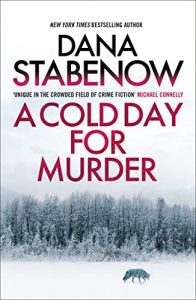 On my other hand, I’m not totally sure the slow burn romance between Cara and one of the local cops was completely necessary. The story was plenty compelling without wondering will they/won’t they.
On my other hand, I’m not totally sure the slow burn romance between Cara and one of the local cops was completely necessary. The story was plenty compelling without wondering will they/won’t they.